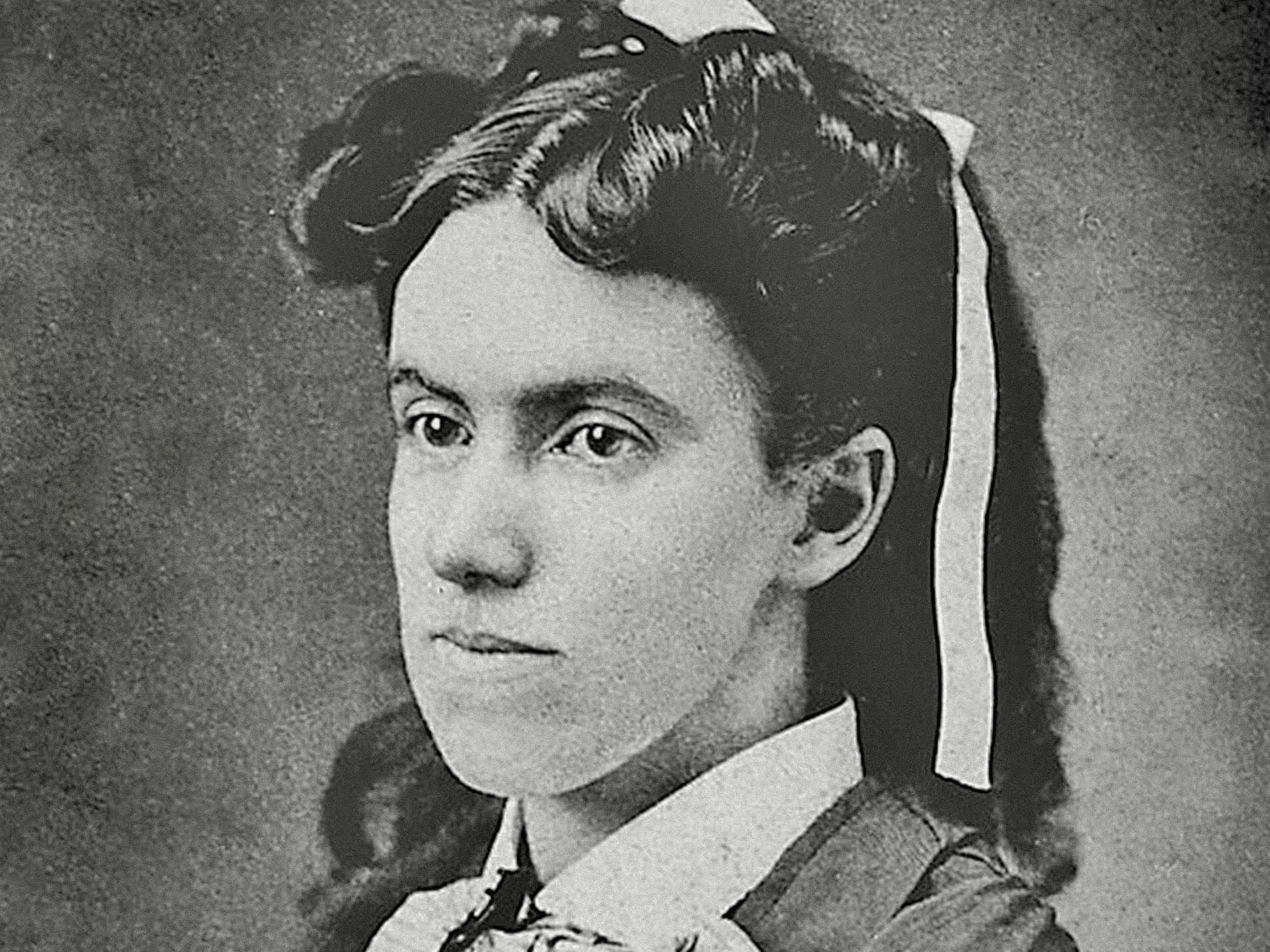Every year around Christmas, the International Missions Board has a fundraiser toward missions for the unreached. This is named the Lottie Moon Christmas Offering. How did Lottie Moon, a southern belle, end up in China and inspire one of the major Baptist missions fundraisers?
Early Life
Lottie Moon was born December 12, 1840 in Virginia to two well-off Southern Baptists. She was the fourth child, with three more following. Her father died in an accident when she was thirteen. Soon after, she left to attend Virginia Female Seminary (now called Hollins University), and then, upon completion at the seminary, Albermarle Female Institute, where she became one of the first women to receive a Masters of Arts from a southern institution. Moon excelled in the languages, learning French, Greek, Latin, and Italian. This aptitude for language acquisition would prove to be an essential skill on the mission field.
After graduation, Moon moved back to her family’s plantation and helped her mother run the family lands throughout the American Civil War. When the war was over, she moved away from her family and worked at various schools as a teacher, even helping open one.
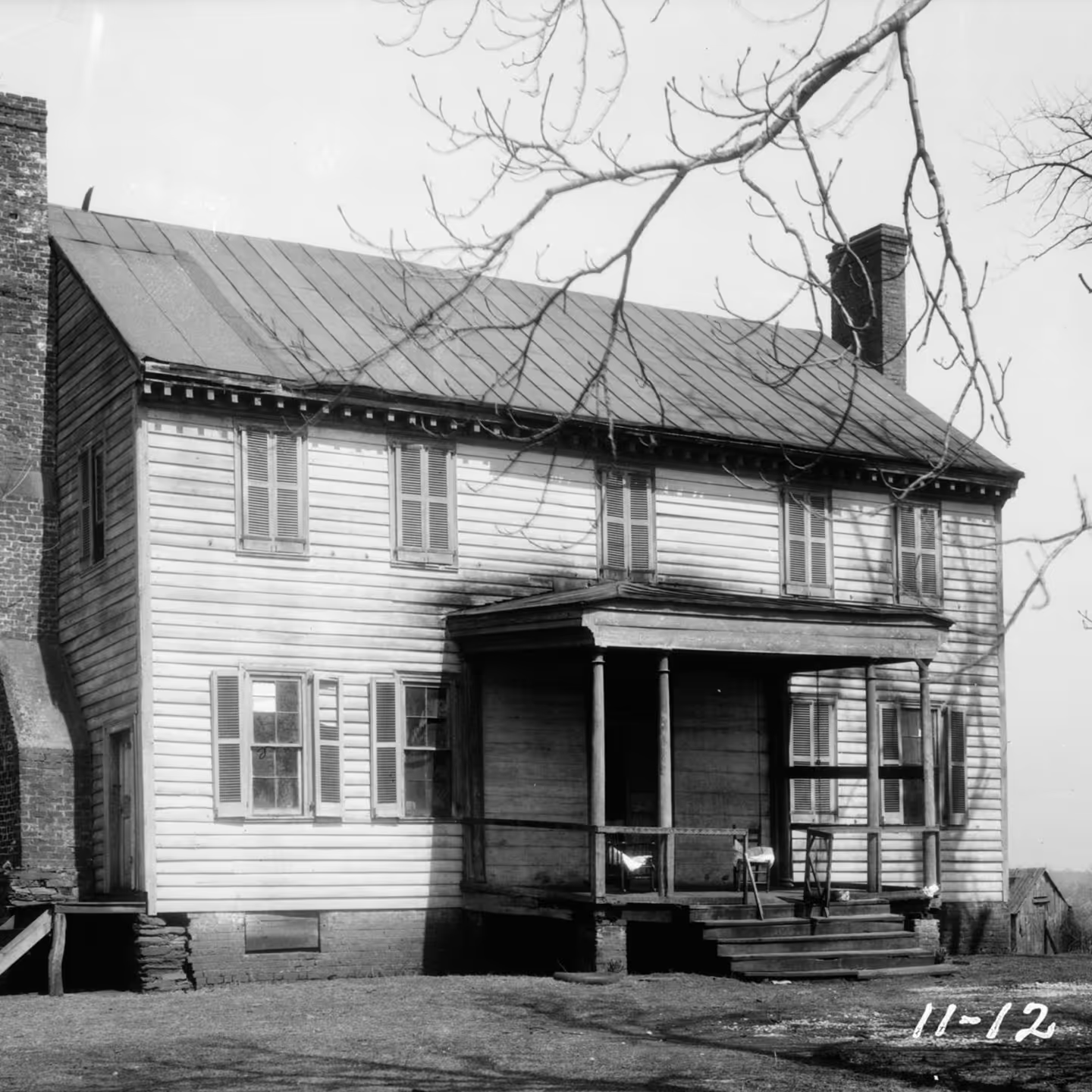
Despite being raised in a Christian home, Lottie Moon did not take hold of her family's faith until after going to a few revival meetings on the Albermarle campus. She went with the intent to ridicule the speakers, believing them to be uneducated fools, but was proven wrong. But, after hearing the preaching of John Broadus, she, at age eighteen, decided to claim it as her own, and was baptized. She desired to learn more about Christianity, taking as many classes as she could about it. She also read a book about the women who at various points had been married to missionary Adoniram Judson, The Lives of the Three Mrs Judsons, which convicted her even further of turning towards Christ.
Lottie Moon’s Missions
In 1872 her younger sister Edmonia accepted a call to northern China, making her the first single Baptist woman to join the field. Up to that point, the Foreign Mission Board only had accepted men as missionaries, and any women on the field were there to support their husbands in their evangelistic attempts. Her sister’s departure for the field sparked an interest in Moon, and by July 7, 1873, the Foreign Mission Board appointed Moon to the same field.
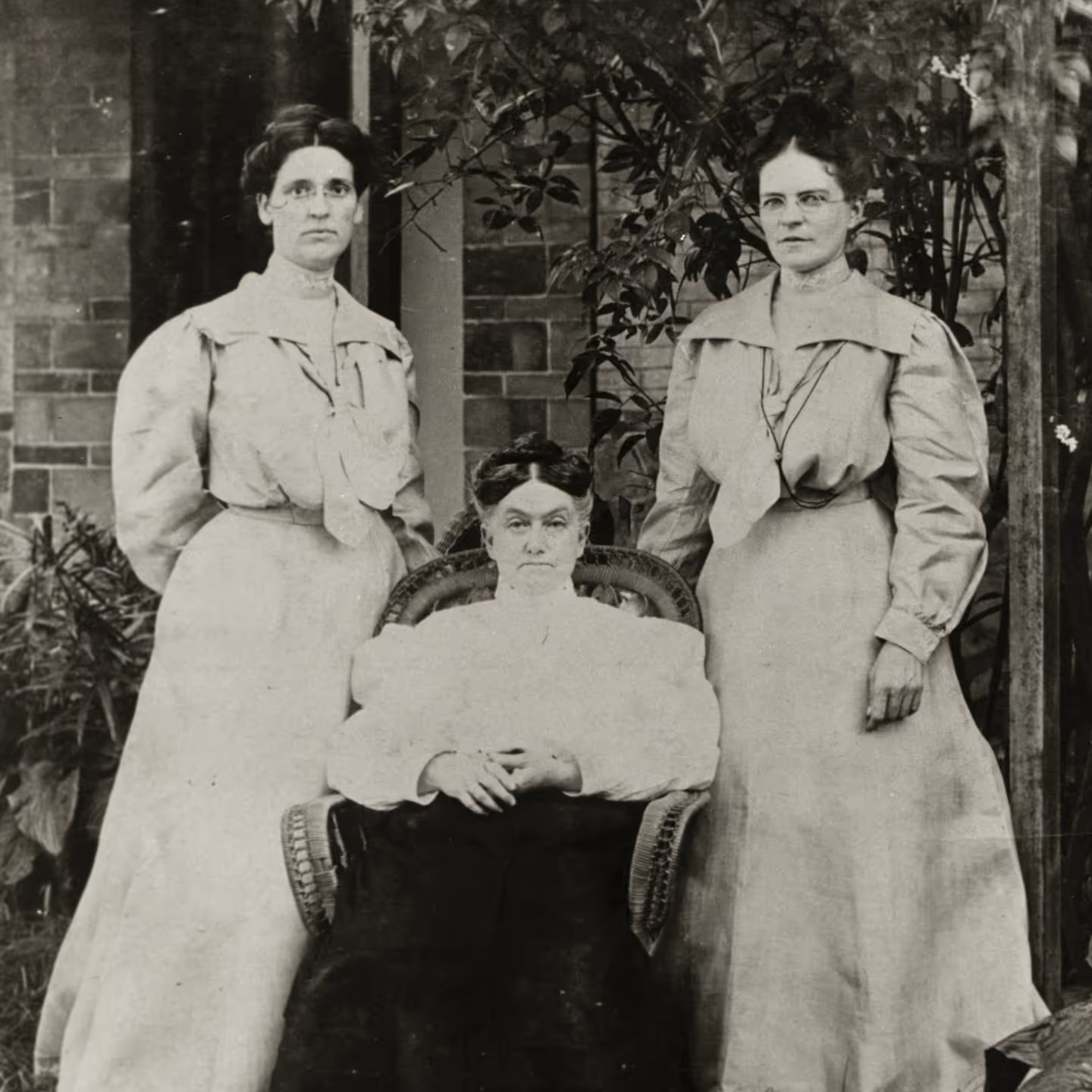
Since she was unmarried, Moon started on the field by teaching at a school for boys in Dengzhou, but while helping other female missionaries, she soon discovered that she much preferred evangelism. Often she would travel the villages with the wives of missionaries, frequently bringing homemade cookies to the children at the villages. Though she originally had been much prejudiced against the Chinese, once she started to know them and understand their customs, she came to respect them, inflaming in herself a further desire to evangelize to the Chinese people. Lottie Moon grew increasingly frustrated and dissatisfied with her work as a teacher, wishing to do more. In 1885, after over a decade of teaching and numerous letters advocating for more opportunities for women on the field, she gave up teaching, and finally pursued full time evangelism in P’ingtu, resulting in hundreds of converts. In order to do so, she lived only off the meager paychecks of the poorly financed Foreign Missions Board. This sacrifice proved worthwhile, as it allowed a new mission to be opened.
Moon was definitely a pen warrior. Many of her letters to missions boards pushed for women being allowed to do more in missions, resulting in the Women’s Missionary Union. She also wrote letters pleading for increased support for those on the field, whether through more missionaries or more funding. She also pleaded for furloughs so that missionaries might be able to take time and be refreshed so that they could do better in the work of obeying the Great Commission in a foreign country. Moon herself had taken a couple furloughs, which rejuvenated her so that she might return to the field better equipped.
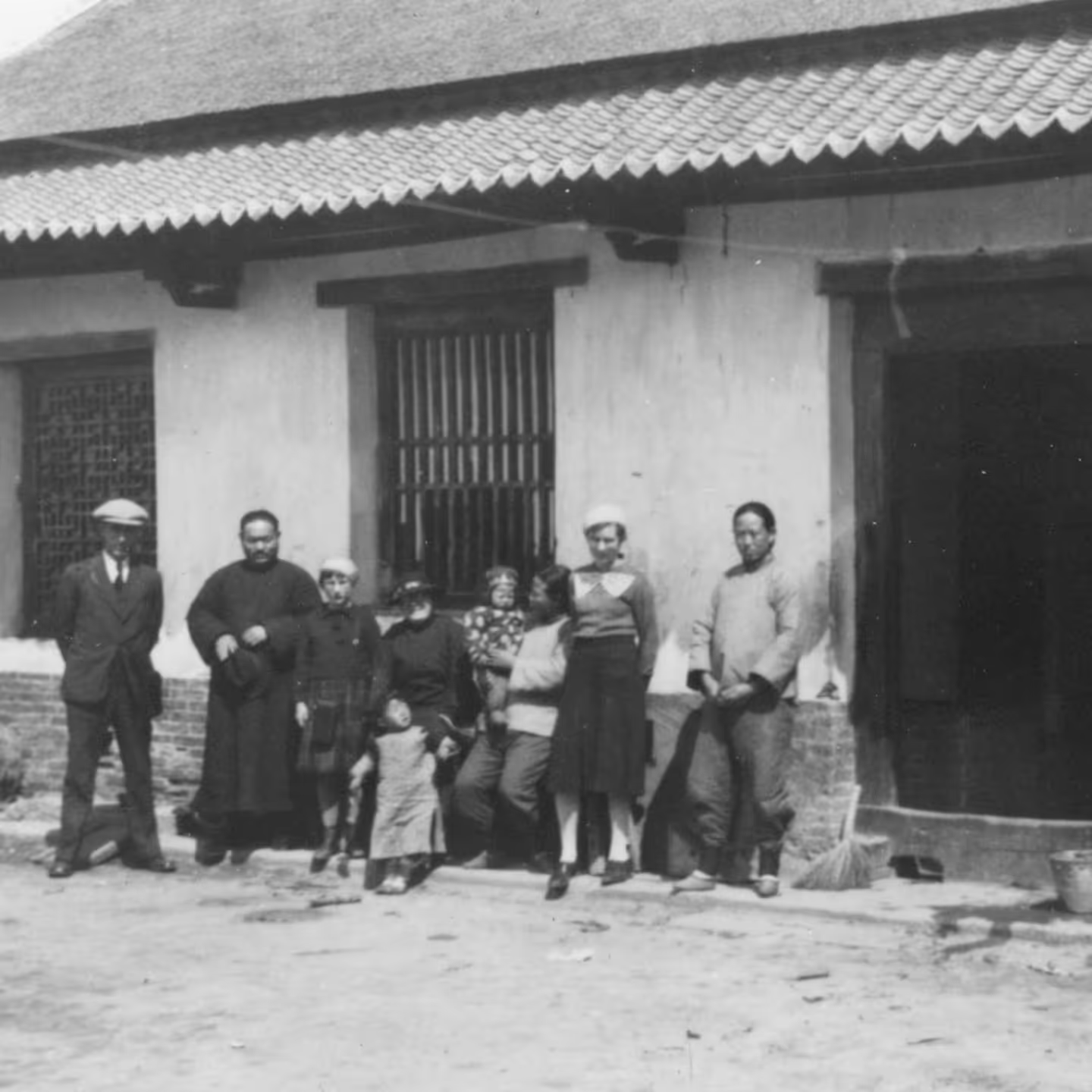
And she much needed those furloughs. Her mission field was not an easy one. She spent many years working in China – in fact, almost four decades! While on the field, she endured many hardships. She underwent plague, famine, and wars. She survived the First Sino-Japanese War, the Boxer Rebellion (during which the missionaries had to flee to Japan), and the Chinese Nationalist uprising. She did whatever she could to help the native people. She willingly shared her own personal finances and her small amounts of food with those around her, even to the point of her own near starvation.
War, famine, and plague: there is only one thing that almost drew her off the field: marriage. While in China, she began a correspondence with Dr. Crawford Howell Toy, who had worked at her former school. Before long, he proposed and she accepted his proposal. However, they never would marry. It isn’t completely known why, but religious differences are often cited as the reason.
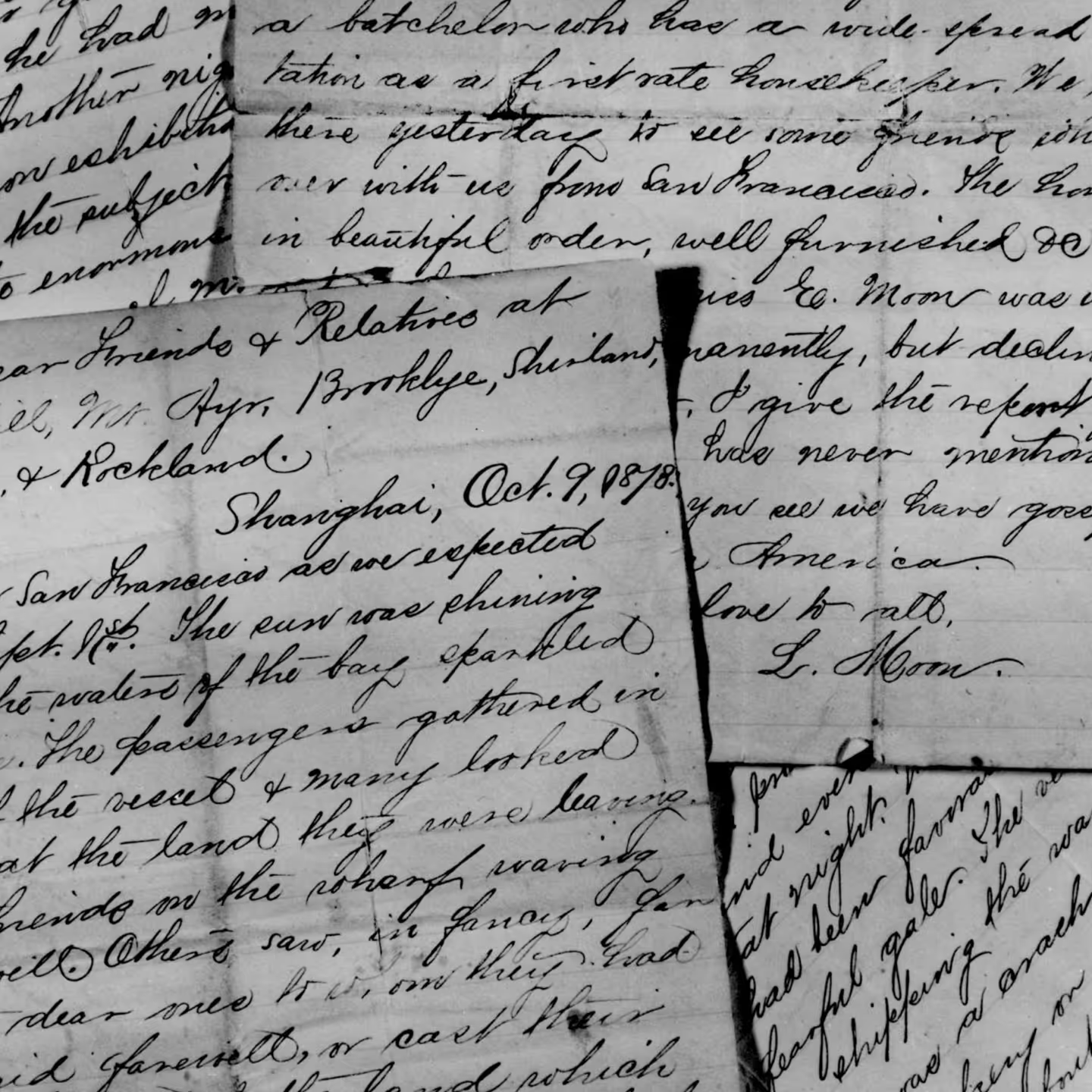
Death and Legacy
Near the end of her life, she weighed merely fifty pounds, a concerning amount even for someone as short of stature as she. With another war on the horizon, and her body and mind becoming increasingly weaker (in part due to age, but surely the lack of food, as well as an abscess behind her ear, did not help), fellow missionaries decided that it was best if she went back to the United States. So one friend joined her on the trek back to her home base.
Lottie Moon never made it back to the States. She died on December 24, 1912 in Japan.
Moon truly lived as if she were one of the people she was ministering to, dressing in their attire, and living according to cultural customs. Her efforts helped prepare China for the gospel, and allowed for Christianity to grow. Though a small woman, her impact was massive, all because she obeyed the call.
Moon truly lived as if she were one of the people she was ministering to, dressing in their attire, and living according to cultural customs. Her efforts helped prepare China for the gospel.
Additional Resources
- Download her letters and quotes.
- Read The New Lottie Moon Story.
